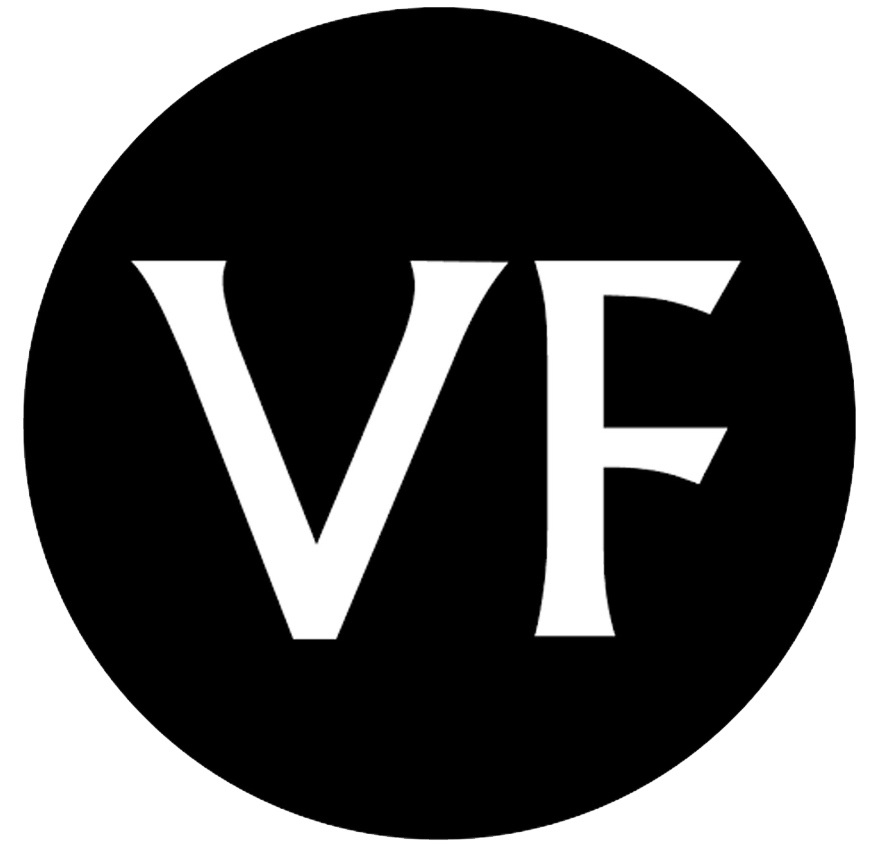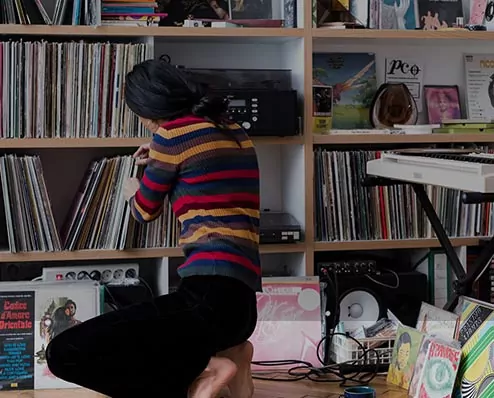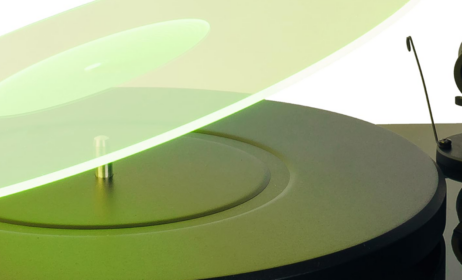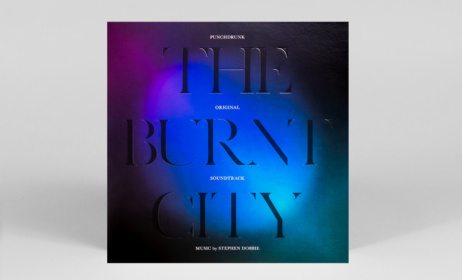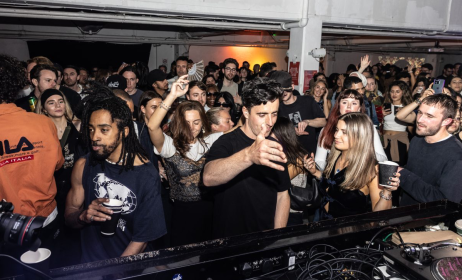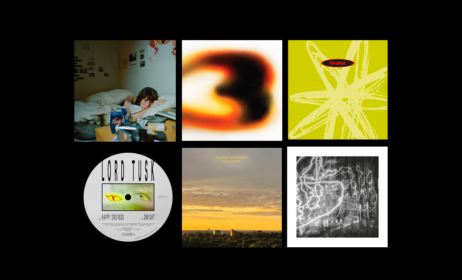Published on
August 31, 2016
Category
Features
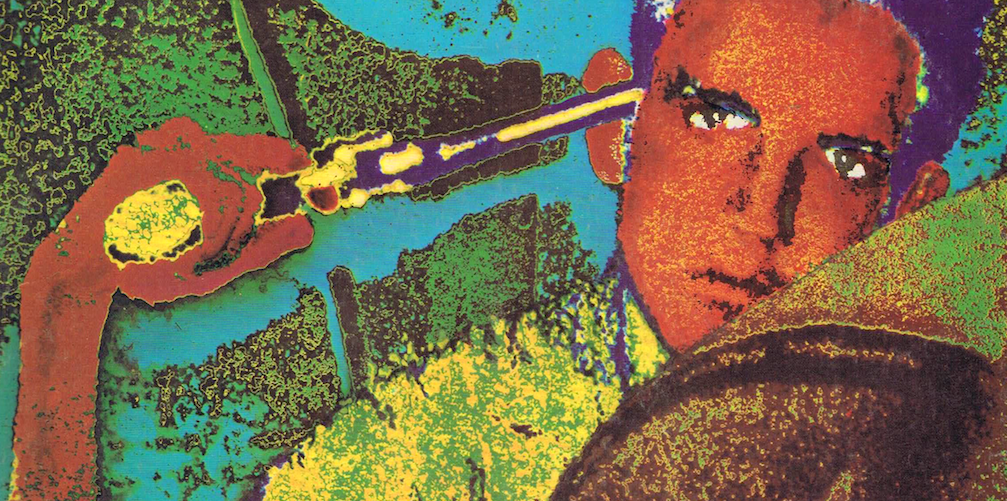
Punk may have seen ‘no future’, but it was not year zero. Four decades since it exploded onto the scene, Nick Soulsby traces the records that laid the foundations for a movement that tore the whole house down.
Words: Nick Soulsby
Punk liked to posit itself as a year zero, an existential yell rising up out of nothing more than pure opposition to the staid aspects of the mid-’70s music scene. In this year of punk celebrations we’re awash with images, reminiscences and tributes rehashing and repeating the idea of punk as a singular phenomenon.
Of course, the truth is punk had deep roots in the history of rock and pop music while also possessing very recent antecedents and influences in the immediate (and oft-disregarded) early years of the 1970s. It takes nothing away from the explosion of those years to acknowledge that while punk may have seen ‘no future’ it had an already impressive past that provided it with numerous sources on which to build. Here we look at ten artists who laid the groundwork for punk.
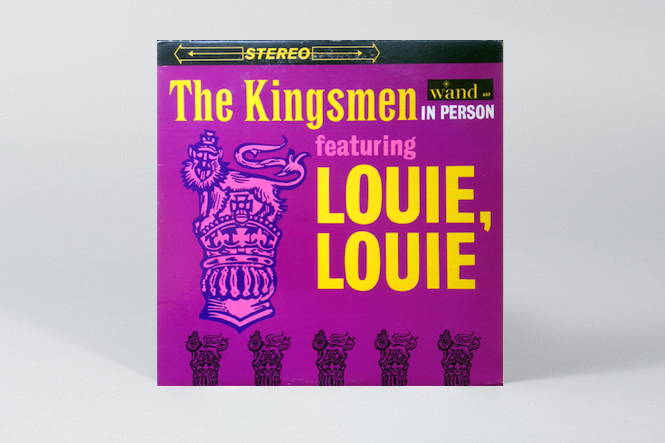
The Kingsmen
‘Louie Louie’ from The Kingsmen In Person
(Wand, 1964)
The ur-text of punk, there are innumerable versions ranging from Black Flag, to The Clash, to Motorhead and The Stooges. The Kingsmen took an obscure cover and remoulded it into a track any band could interpret their own way, essentially because Jack Ely’s singing was near incomprehensible. It fit the intentional sloppiness and stripped down punchy sound of punk perfectly. It’s impact has been so huge there’s an annual Louiefest named in its honour. Those stabbing chords, even in The Kingsmen’s early pop sounding rendition, are undeniably catchy while being so simple any amateur could take a shot.
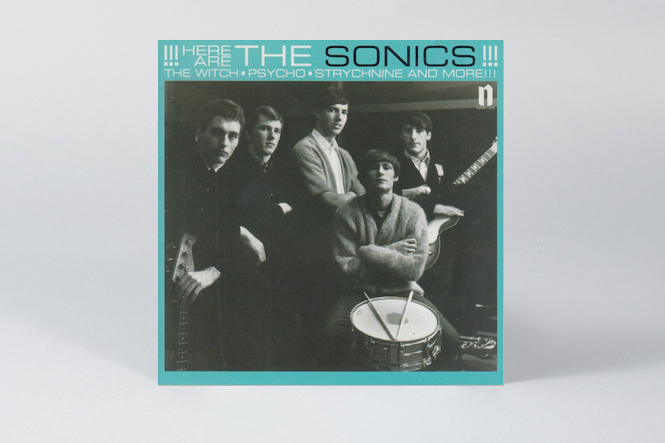
The Sonics
‘Strychnine’ from Here Are The Sonics
(Etiquette Records, 1965)
Acknowledged originators of the overdriven, feedback soaked sound of the U.S. north west scene, The Sonics’ influence spread worldwide with bands like The Fall paying homage. Their first album was recorded to two-track with just a single mic on the drum kit as the band were aiming to capture a live sound as best they could – their lo-fi vibe was a significant contrast to the more polished approach common in the mid-’60s where there was no significant culture of self-recording, producing and releasing music. While it’s also worth checking their gut-punching cover of ‘Louie Louie’, original tune ‘Strychnine’ shows the same openness to letting guitars wail. Gerry Roslie’s pained yells, plus the bizarre subject matter, make this 40 year old song sound remarkably fresh.
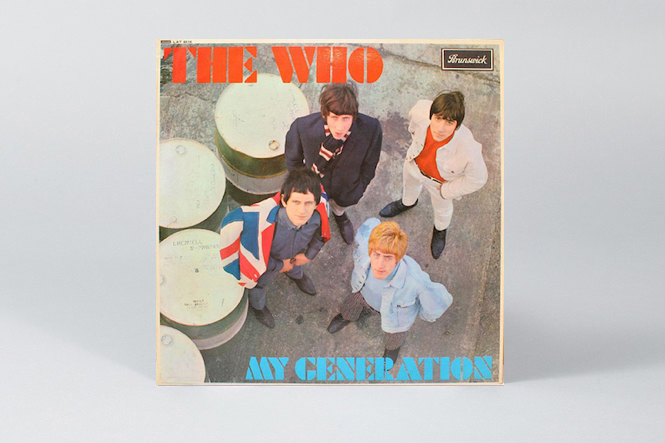
The Who
‘My Generation’ from My Generation
(Brunswick, 1965)
In June 1964, The Who changed music history when, seeing that the audience were so taken by their accidental breaking of equipment on stage – they decided to make regular damage a part of their performance. Before the year was out their willingness to drive volume and feedback to heights not previously seen in the pop charts made them a standout prospect.
While ‘My Generation’ was primarily addressing the Mod movement of the time, its lyrics became a recognisable rebel yell for any misunderstood youth sub-culture; it was stark, bold, aggressive and pop all at once – the “why don’t you all f…ade away,” toys with rude words in a way that wasn’t pressed again so boldly until Johnny Rotten’s “va-cant,” line more than a decade later. Even the unusual stutter on the song is meant to mimic amphetamine-influenced speech. Everything that punk would amplify is already here.
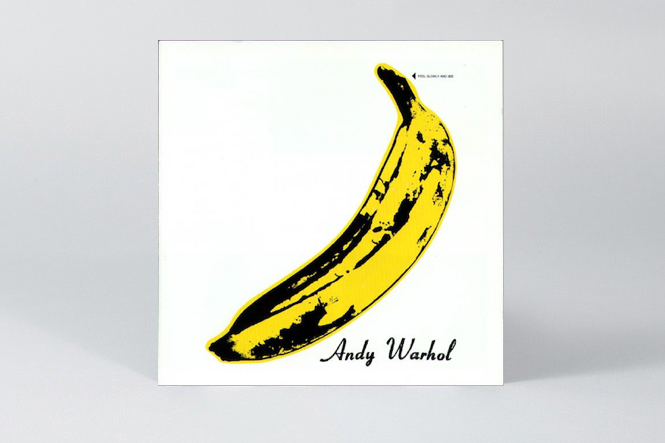
The Velvet Underground & Nico
‘Heroin’ from The Velvet Underground & Nico
(Verve, 1966)
The quintessential example of a band ahead of their time, The Velvet Underground, in their early days, seemed unable to hit the pop stride that might have bought them sales, but their embracing of art world influences, of discordancy (particularly John Cale’s viola), of drones, stomping drums, lyrics illuminating the sordid side of life…It gave them immortality.
‘Heroin’ rushes and surges at the listener, alternating between sunny beauty and a crowded squall in which every instrument seems to be trying to overpower the other. The entire affair eventually hurtles to the ground in a final two minute breakdown that sounds like metal sheering. Exhilaration and annihilation all at once; this was a band determined to go its own way and to leave audiences either horrified or awe-struck – it was a gauntlet hurled down; choose a side – decide now.
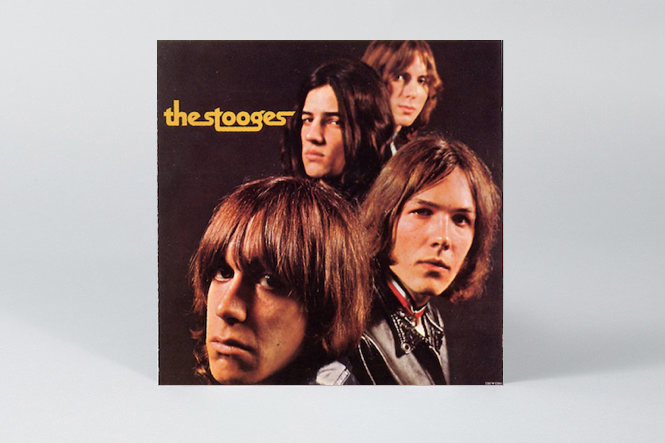
The Stooges
‘I Wanna Be Your Dog’ from The Stooges
(Elektra, 1969)
Punk before there was punk, The Stooges were an unhealthy combination of self-inflicted near-disaster and hand-to-mouth, cash-poor lack of alternatives. While Black Sabbath and Led Zeppelin graduated to high grade drugs, booze and career paths, The Stooges sold negligible numbers of records and travelled the U.S. alienating audiences and press alike – they could barely stand one another either.
In amidst it all they crafted songs that fit far better in the revved up, amped up late ’70s and beyond – Fun House is an acknowledged masterpiece today but its reception was so bad the band were booted from their then label. ‘I Wanna Be Your Dog’ embraces its deviant sexuality, welcomes in the urge to self-destruct – to annul oneself entirely. Iggy Pop’s snarl matched with the Asheton brothers’ hard-charging guitar and drum work power this track through 3 minutes of sheer energy.
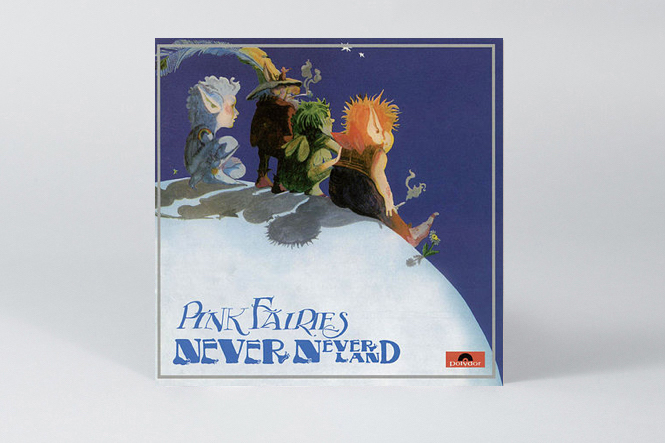
The Pink Fairies
‘Uncle Harry’s Last Freakout’ from Never – Neverland
(Polydor, 1971)
While punk openly despised the ‘flower power’ aspect of hippydom, an entirely different music scene had grown out of that culture, one that would bequeath an awful lot to punk’s cries of “anarchy” and to the political radicalism of bands like Crass. The Pink Fairies were part of a milieu of squats, free music, drugs and opposition to both capitalist organisations and to oppressive order. Based out of the Ladbroke Grove area of London and no stranger to the city’s grungier venues, The Pink Fairies were also regulars at free festivals and more than comfortable with the awkward or downright weird ends of British youth culture in the ’70s.
‘Uncle Harry’s Last Freak-Out’, essentially a string of only-loosely connected riffs wedged together into a massive blizzard of guitar noise, was one of the band’s live highlights long before they recorded the ten minute album version featured on their debut (it’s worth checking the 20 minute long live renditions the band was giving at the time!) Given their chaotic live sound, taste for rebellion and pro-drug attitudes it’s understandable why they ended up on Stiff Records during the pink years.
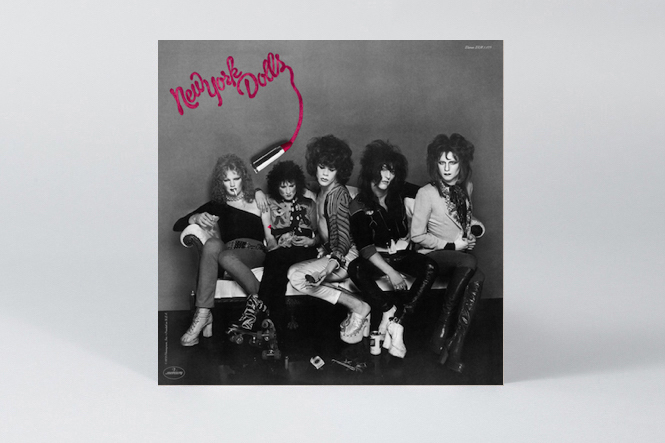
New York Dolls
‘Personality Crisis’ from New York Dolls
(Mercury, 1973)
In music, everyone’s stealing from everyone else. New York Dolls took a lot of their shtick from The Rolling Stones, ladled a scuzzy, messed up vibe over the top of it – then were rewarded by Malcolm McLaren cribbing from them during his sojourn in New York City and applying a lot of what he learnt to the Sex Pistols. It made sense that the band would be playing the same shows with the first wave of NYC punk that would follow in the mid-’70s – even more sense that members Jerry Nolan and Johnny Thunders would go onto play with Richard Hell in their next band.
The opening song from their first album is relentless, the listener is propelled headlong into a vortex of slashing guitars, screaming and barking from vocalist David Johansen – the pause at 2 minutes 10 is the only let up in the entire affair and ultimately just serves to wallop you more firmly in the head when the entire band kicks back in.
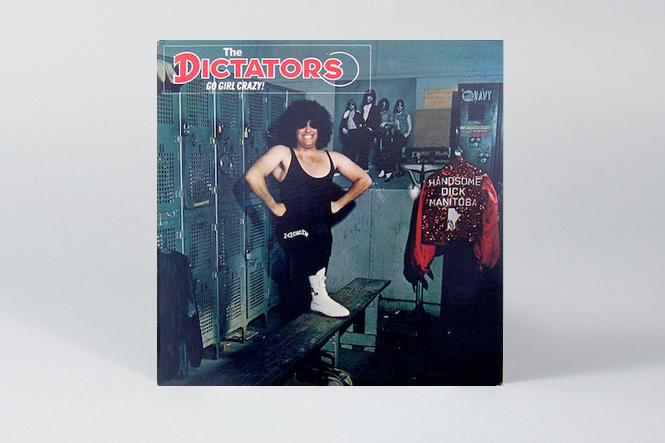
The Dictators
‘Master Race Rock’ from Go Girl Crazy!
(Epic, 1975)
Famed punk writer Legs McNeil claims he started Punk magazine purely to hang out with The Dictators. Certainly the tongue-in-cheek lyrics, deliberately dumb puns and merry willingness to spit on hippies within a line or two of the track opening mark out the band’s place in punk’s lineage. The willingness to grab at words and ideas associated with would be Nazis and supremacist types certainly links up with punk – this was a generation that didn’t hold World War Two memories sacred, one that was willing to ridicule anyone taking it too seriously. The dubbed on laughter at the start of the album take certainly shows where the band’s instincts were at.
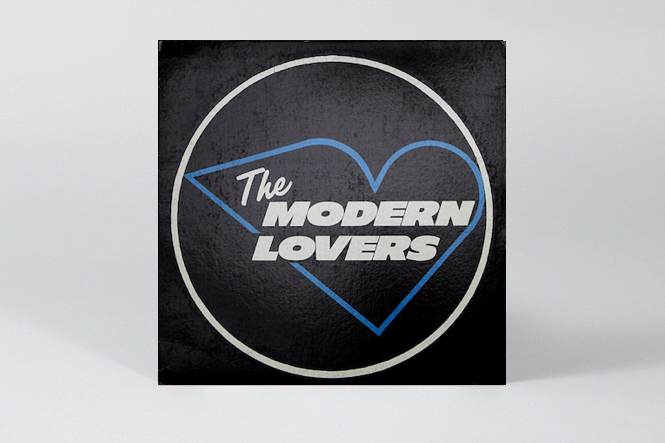
The Modern Lovers
‘Roadrunner’ from The Modern Lovers
(Home Of The Hits, 1976)
Copping its droning qualities directly from The Velvet Underground, ‘Roadrunner’ had punk’s simultaneously tight chopping sound and sloppy loose lyricism down cold. Apparently, Jonathan Richman would improvise the lyrics when performing live, frankly it’s hard to tell if the studio lyrics are any more definitive given the mealy-mouthed phrasing and the way the music overwhelms the vocals nearly the whole way through.
Opening countdown out of the way the song pelts along from beginning to end – before you know it four minutes is gone as this hypnotically repetitive piece of ear candy hammers the main rhythm home. There are odder touches too, notice the change-up at 1.08 that sounds – initially – like an error; or the ‘solo’ at 2.15; the way Richman murmurs away in the background as the band chant “radio on!” through to the close.
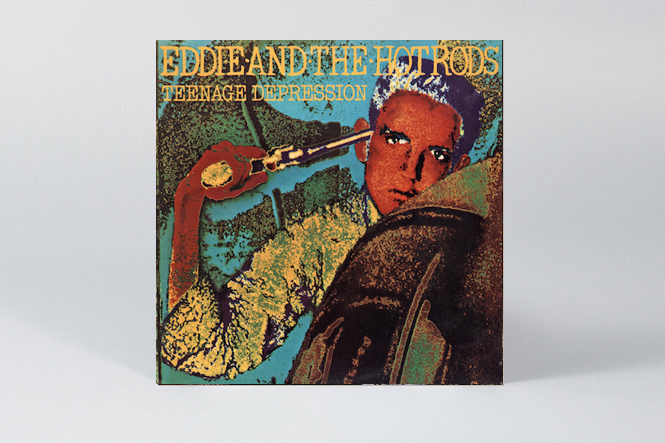
Eddie and the Hot Rods
‘Teenage Depression’ from Teenage Depression
(Island Records, 1976)
While punk is now written into establishment history, something so mainstream that Boris Johnson-fronted anniversary events in London this year, its most immediate predecessor – pub rock – is a forgotten blip. Essentially pub rock was in the same ballpark of stripped down rock and roll made by young blokes barely old enough to be in a pub in the first place and without the money or support to mimic the rock stars.
Bands like Eddie and the Hot Rods would share bills with soon-to-be punk alumni, would provide support slots to The 101ers and Sex Pistols among others, but would only make a minimal dent on the charts before being pushed aside by the new cutting edge. ‘Teenage Depression’ is a fair summary of their blend of pop wit, social realism, thick-fingered power chords and bare bones approach.
